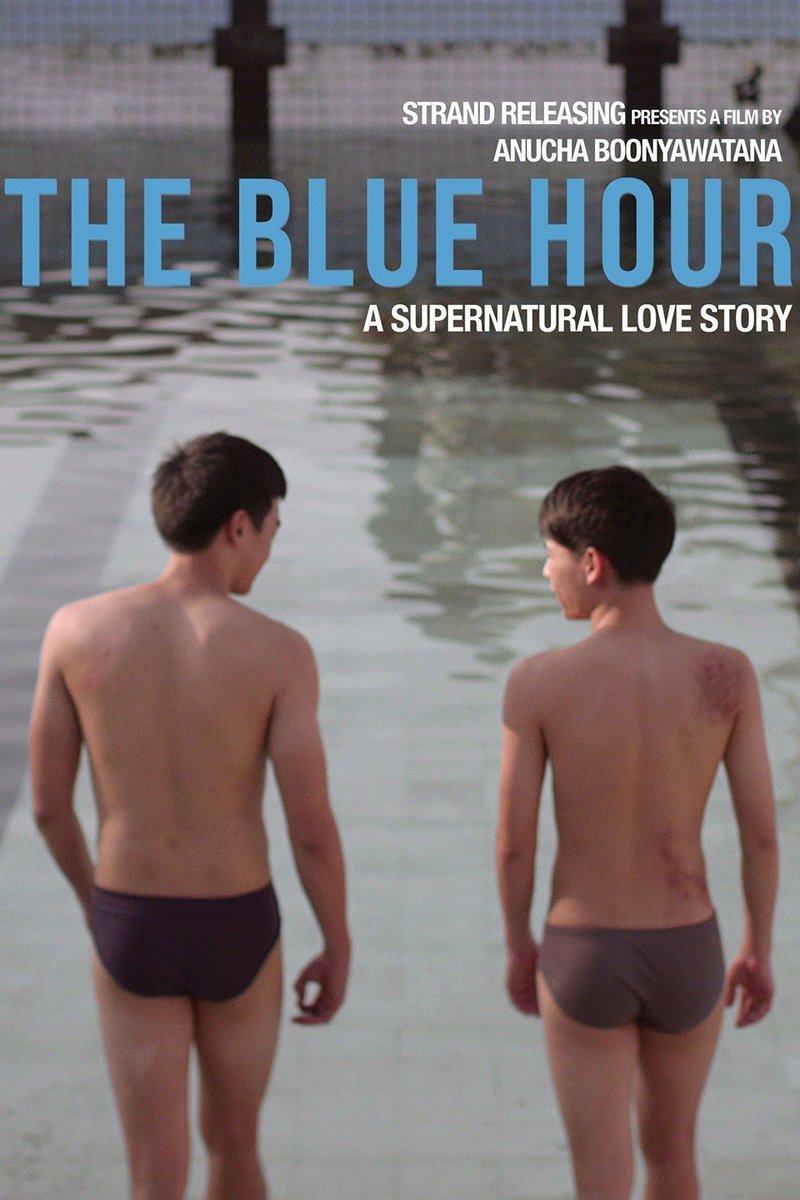This issue of Japanese right wing magazine WiLL is full of hateful, anti-LGBTQ rhetoric that is incredibly divorced from mainstream Japanese views that overwhelmingly support marriage equality and #LGBTQ rights. That this is hitting the shelves around #PrideMonth is extremely sad
https://twitter.com/mrjeffu/status/1663854084452143105
What I find so bizarre about the extreme right-wing's playbook against LGBTQ in Japan is how they are borrowing rhetoric emerging out of the US to critique the US, and then trying to link this to Japanese "tradition," when their hate is grounded in ahistorical discourses
In case people are curious, in the immediate postwar, gay male culture was often celebrated by Japan's extreme right wing as a bulwark against Westernisation. Most famously by Mishima Yukio in novels like Running Horses. I write about it in my book!
press.umich.edu/11510989/regim…
press.umich.edu/11510989/regim…
• • •
Missing some Tweet in this thread? You can try to
force a refresh

 Read on Twitter
Read on Twitter







